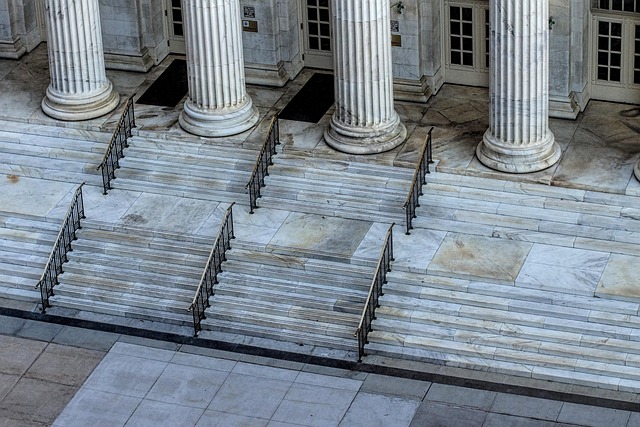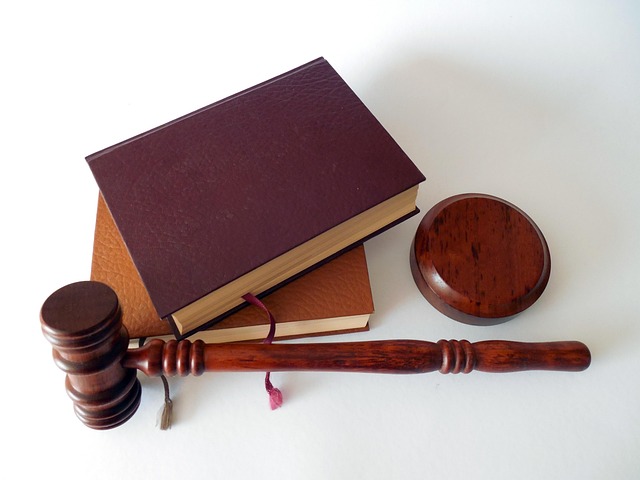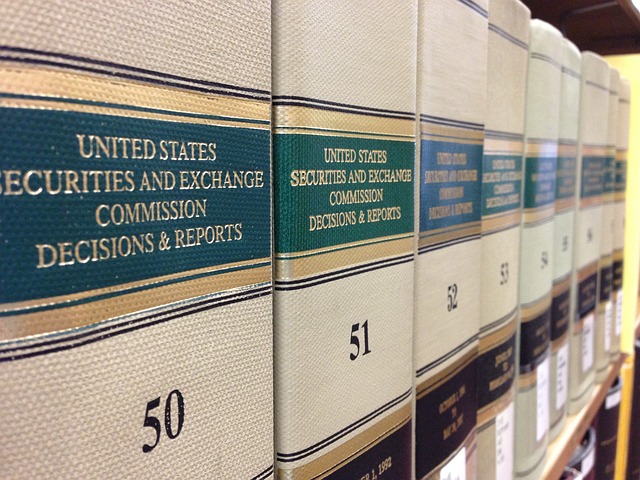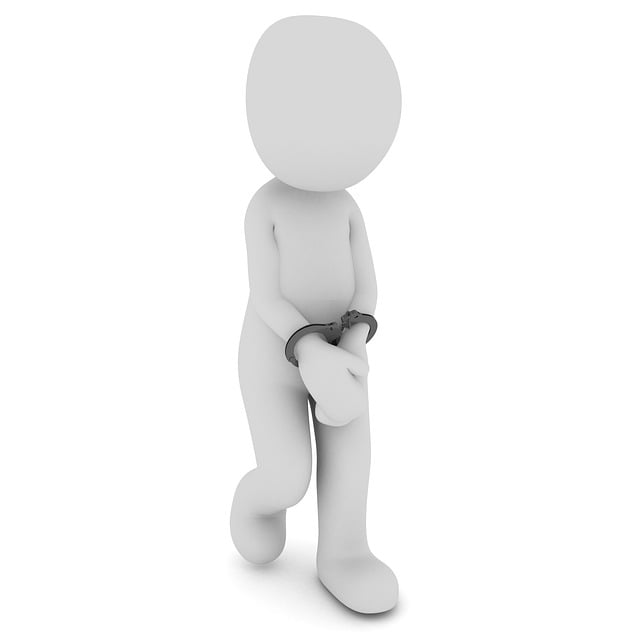A defective equipment lawyer gathers detailed information from clients experiencing personal injury due to equipment defects. They understand relevant laws and regulations, such as product liability rules, to build strong cases. By strategically presenting evidence and crafting compelling narratives, these lawyers ensure justice for victims and hold manufacturers accountable to prevent future incidents.
A defective equipment lawyer plays a pivotal role in advocating for individuals injured by faulty machinery. To build a strong case, they first understand client needs by gathering essential information about the incident, injuries, and relevant product details. This forms the foundation for a solid legal framework, which includes navigating state laws and regulations governing product liability. Through strategic evidence presentation, these lawyers compellingly argue their client’s case, ultimately aiming to secure justice and compensation for victims of defective equipment.
- Understanding Client Needs: Gathering Essential Information
- Building a Solid Legal Framework: Laws and Regulations
- Strategic Evidence Presentation: Winning the Case
Understanding Client Needs: Gathering Essential Information
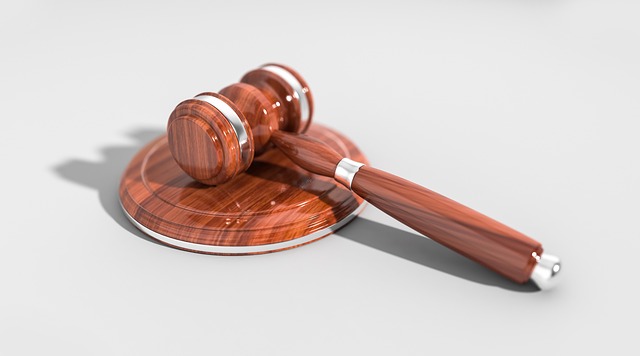
When a client approaches a defective equipment lawyer with concerns about product failure or personal injury, understanding their needs is paramount. The initial step in building a strong case involves gathering essential information from the client to create a clear picture of what transpired. This process requires empathy and active listening skills as clients often come forward after traumatic events like slip and fall injuries or even more severe incidents such as those involving machinery malfunction, leading to significant physical and emotional distress.
A competent defective equipment lawyer will inquire about the incident’s details, including when and where it occurred, the conditions present during the accident, and the specific product at fault. They may also ask about any previous issues with similar products, relevant medical treatments or injuries sustained, and potential witnesses to corroborate the client’s account. This information is crucial for constructing a compelling narrative that not only secures compensation but also ensures accountability on the part of manufacturers or distributors responsible for defective equipment, thereby preventing future incidents of the same nature, including car accident scenarios where equipment failure plays a role.
Building a Solid Legal Framework: Laws and Regulations

When constructing a case for a defective equipment lawyer, one of the fundamental steps is to establish a solid legal framework by understanding and leveraging relevant laws and regulations. These rules serve as guidelines that protect consumers and workers from unsafe products. A knowledgeable defective equipment lawyer will be well-versed in product liability laws, which vary across jurisdictions but generally hold manufacturers, distributors, and sellers accountable for any harm caused by their products due to defects in design, manufacturing, or labeling.
In the context of medical bill compensation, real estate disputes, and defective product injuries, these legal principles are paramount. For instance, in medical settings, equipment that fails can lead to serious health consequences and subsequent financial strain on patients. Here, a defective equipment lawyer must navigate regulations specific to healthcare products to ensure proper notification, tracking, and recalls of faulty devices. Similarly, in real estate disputes, equipment like elevators or construction machinery that malfunctions can result in significant property damage and personal injuries, highlighting the importance of adhering to safety standards and industry-specific regulations.
Strategic Evidence Presentation: Winning the Case

A defective equipment lawyer’s expertise lies in presenting evidence that tells a compelling story. They understand that strategic presentation is key to winning cases involving product liability and negligence. By meticulously organizing and showcasing relevant data, expert opinions, and firsthand accounts, they can convincingly demonstrate the direct link between faulty equipment and resulting damages.
In a court of law, this involves painting a clear picture for the jury or judge, highlighting how the defective product’s design or manufacturing flaws led to an accident. For instance, in the context of car accidents, a Boca Raton truck accident lawyer might present data on similar previous incidents caused by the same equipment failure, while an Orlando auto accident attorney could enlist expert witnesses to explain the mechanics of the incident. This strategic evidence presentation not only strengthens the case but also ensures justice for victims affected by such negligence.
A successful defective equipment lawyer understands that building a strong case requires a multi-faceted approach. By first empathizing with client needs and gathering crucial information, they lay the foundation for their legal framework. This involves navigating complex laws and regulations to identify responsible parties and establish liability. Strategic presentation of evidence is then key to winning the case and securing justice for clients affected by defective equipment.
